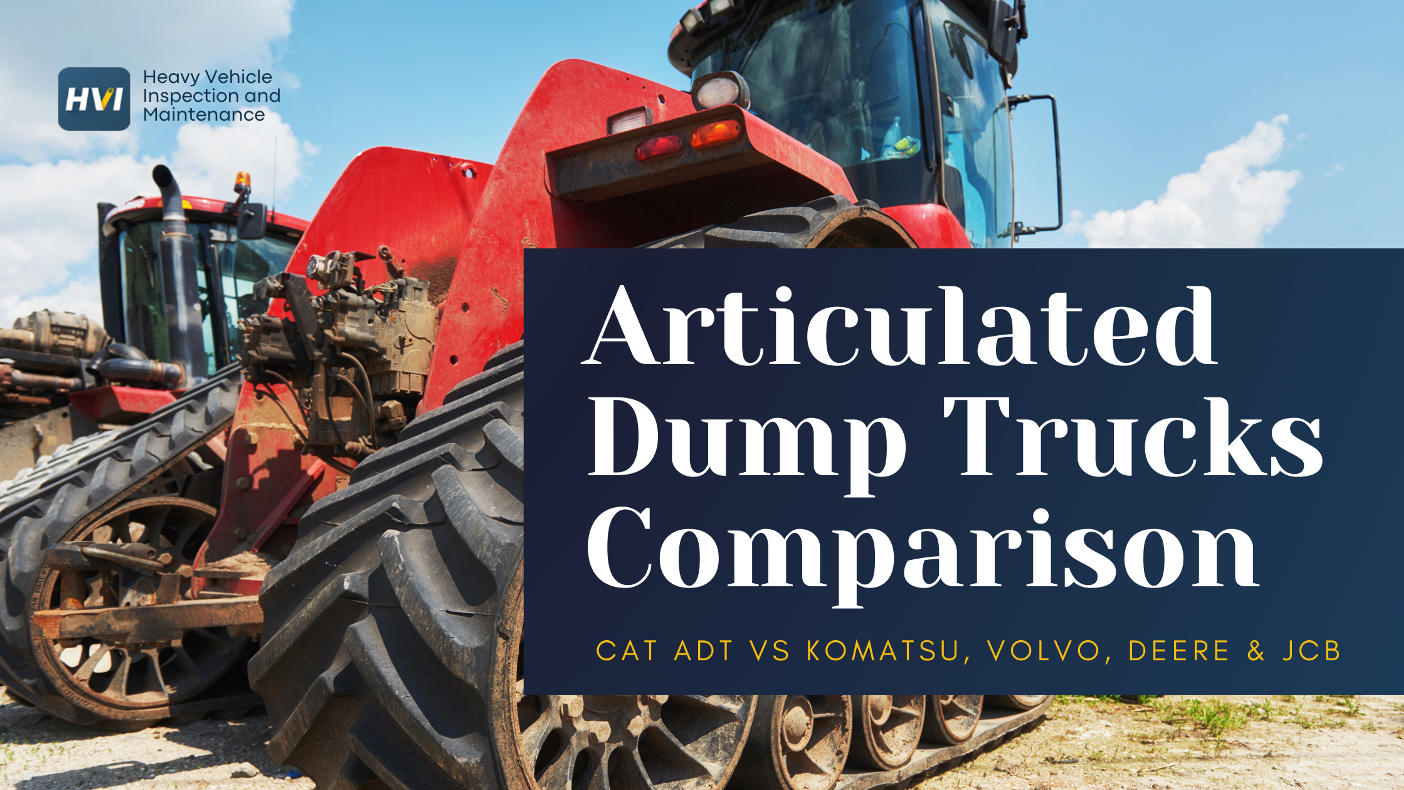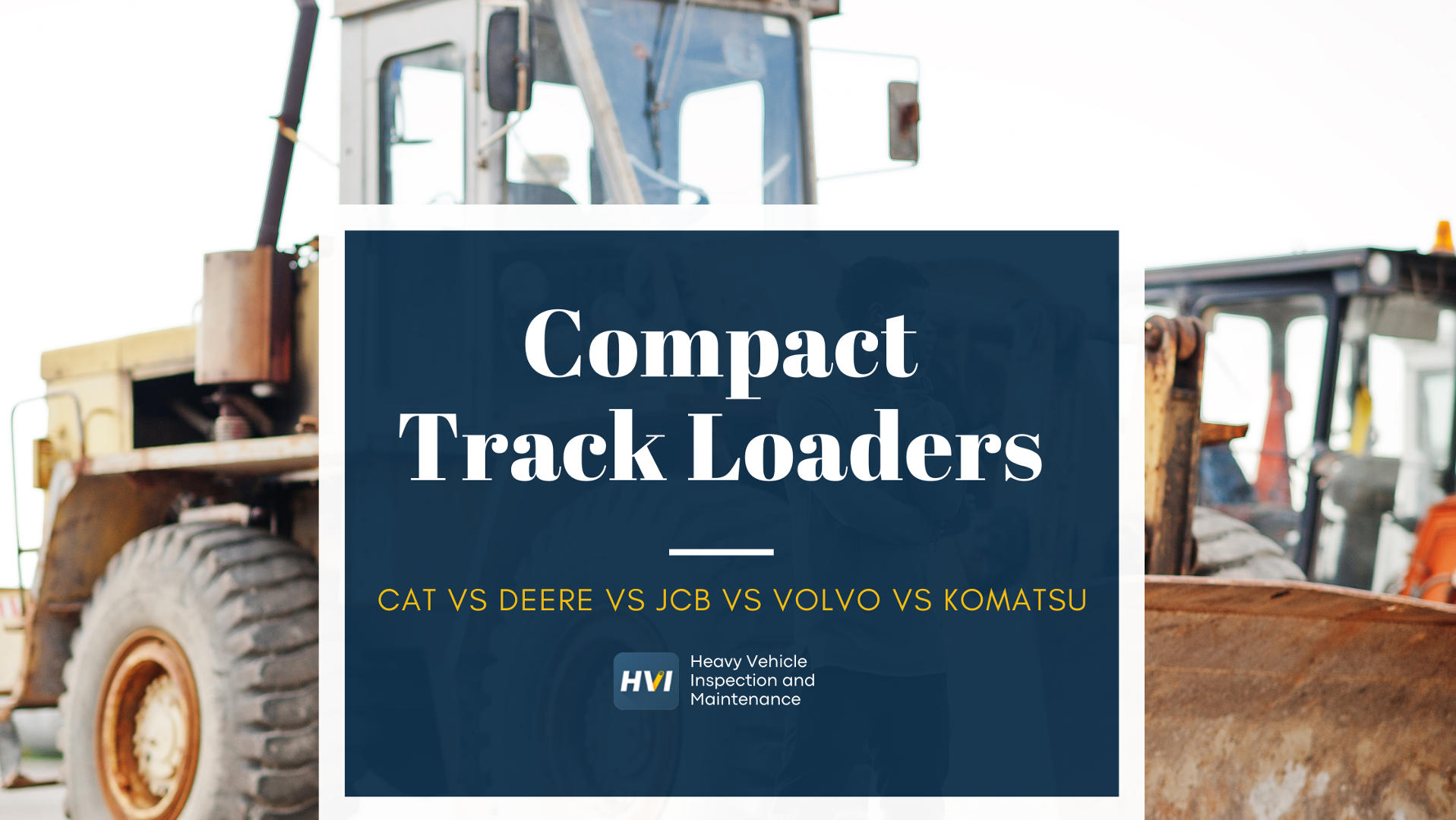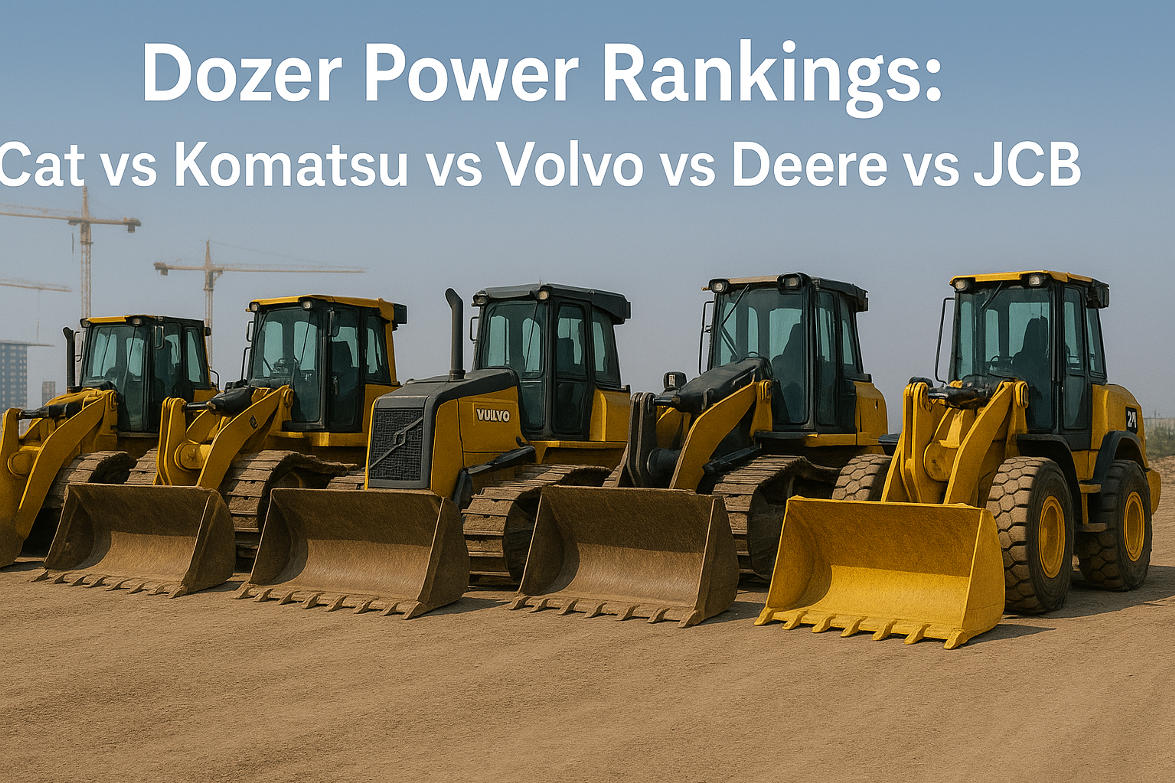Fleet management is evolving rapidly, driven by technological advancements and changing industry dynamics. Companies must stay ahead of these trends to optimize costs and improve efficiency. This article explores the future of fleet management cost analysis and its impact on various industries and businesses.
Key Trends in Fleet Management Cost Analysis
Advanced Telematics and IoT Integration
- Industry Impact: Logistics and transportation companies benefit from real-time tracking, which improves delivery times and reduces idle times. This leads to lower fuel costs and better customer satisfaction.
- Business Impact: Improved asset utilization and reduced operational costs. For instance, delivery services can better predict arrival times, leading to more efficient scheduling.
Predictive Maintenance
- Industry Impact: Manufacturing and service industries can minimize downtime by predicting vehicle maintenance needs. This ensures that vehicles are operational when needed, enhancing productivity.
- Business Impact: Lower maintenance costs and increased vehicle lifespan. Companies like DHL and UPS have already adopted predictive maintenance to ensure fleet reliability.
Electric and Hybrid Vehicles
- Industry Impact: Adoption of electric and hybrid vehicles is transforming the energy and utility sectors, reducing reliance on fossil fuels and decreasing greenhouse gas emissions.
- Business Impact: Companies save on fuel costs and benefit from tax incentives. Early adopters like Amazon are investing in electric delivery vans, promoting a sustainable business model.
Advanced Analytics and Big Data
- Industry Impact: The healthcare sector, which relies on timely deliveries of medical supplies, can use data analytics to optimize delivery routes and schedules.
- Business Impact: Enhanced decision-making through data-driven insights. Businesses can identify inefficiencies and predict future trends, leading to better resource allocation.
Comprehensive Fleet Management Software
- Industry Impact: Retail and e-commerce sectors benefit from integrated software solutions that streamline fleet operations, from dispatch to delivery.
- Business Impact: Increased operational efficiency and reduced administrative burden. Companies like Walmart use fleet management software to ensure timely deliveries and efficient inventory management.
Autonomous Vehicles
- Industry Impact: The tech and automotive industries are heavily investing in autonomous vehicle technology, promising to revolutionize transportation.
- Business Impact: Reduced labor costs and improved safety. Companies like Tesla and Google are leading the way in developing autonomous driving technologies.
Sustainability Initiatives
- Industry Impact: The push for sustainability is influencing all sectors, particularly in manufacturing and retail, where supply chain sustainability is becoming crucial.
- Business Impact: Enhanced brand reputation and compliance with environmental regulations. Companies like Patagonia and IKEA emphasize sustainable logistics to attract eco-conscious consumers.
Regulatory Changes
- Industry Impact: Compliance with new regulations is critical for industries like food and pharmaceuticals, where safety and timely delivery are paramount.
- Business Impact: Avoidance of fines and legal issues. Companies must stay updated on regulations to ensure uninterrupted operations.
Enhanced Driver Training Programs
- Industry Impact: Sectors with large delivery fleets, such as food and beverage, benefit from trained drivers who can safely and efficiently handle perishable goods.
- Business Impact: Reduced accident rates and insurance premiums. Companies can foster a culture of safety and efficiency.
Blockchain Technology
- Industry Impact: Finance and logistics industries are exploring blockchain for secure and transparent transaction tracking.
- Business Impact: Increased trust and transparency in supply chain transactions. Companies like IBM and Maersk are implementing blockchain for supply chain management.
Specific Examples of Industry Impact
| Industry | Impact | Example |
|---|---|---|
| Mining | Real-time tracking and predictive maintenance have significantly reduced costs and improved equipment uptime. | Companies like Rio Tinto use telematics to optimize machinery operations, reducing fuel consumption and enhancing productivity. |
| Construction & Infrastructure | Predictive maintenance and IoT integration have minimized downtime and extended the life of heavy equipment. | Caterpillar uses predictive analytics to foresee machinery failures and schedule timely maintenance. |
| Logistics & Transportation | Advanced fleet management software has streamlined operations, ensuring timely deliveries and efficient route planning. | FedEx uses telematics to optimize routes, reducing fuel consumption and enhancing customer satisfaction. |
| Agriculture | IoT and telematics improve farm equipment management, optimizing fuel use and increasing operational efficiency. | John Deere uses IoT to monitor equipment performance and predict maintenance needs. |
| Utilities | Efficient fleet management ensures timely service delivery and reduces operational costs. | Utility companies use telematics to track service vehicles, improving response times and reducing fuel costs. |
| Oil & Gas | Predictive maintenance reduces equipment failures and ensures continuous operation in harsh environments. | Chevron uses predictive analytics to schedule maintenance and avoid costly downtime. |
| Government | Enhanced fleet management improves the efficiency and reliability of public services. | Municipalities use fleet management software to optimize the use of public service vehicles, reducing costs and improving service delivery. |
| Workshop | Advanced analytics help manage vehicle maintenance schedules, reducing downtime and extending vehicle life. | Auto repair shops use fleet management systems to track vehicle maintenance needs and optimize inventory management. |
| Forestry | IoT and telematics enhance the management of forestry equipment, improving fuel efficiency and reducing operational costs. | Forestry companies use telematics to monitor equipment performance and predict maintenance needs. |
Future Implications
- Increased Efficiency: Integration of new technologies will continue to streamline operations, reduce costs, and improve service delivery across industries.
- Sustainability: The push towards electric and hybrid vehicles, along with sustainability initiatives, will reduce environmental impact.
- Regulatory Compliance: Staying ahead of regulatory changes will be crucial for businesses to avoid fines and disruptions.
- Innovation Adoption: Industries that quickly adopt innovations like autonomous vehicles and blockchain technology will gain a competitive edge.
Top 5 FAQ with Answers
What is fleet management cost analysis?
Fleet management cost analysis involves evaluating and optimizing the costs associated with managing a fleet of vehicles. This includes fuel expenses, maintenance costs, insurance, and operational efficiencies.
How can telematics improve fleet management cost analysis?
Telematics provides real-time data on vehicle location, speed, fuel consumption, and driver behavior, enabling fleet managers to make data-driven decisions that reduce costs and improve efficiency.
What are the benefits of predictive maintenance in fleet management?
Predictive maintenance uses data and analytics to predict when a vehicle part might fail, allowing for timely repairs. This reduces unexpected breakdowns, lowers maintenance costs, and extends vehicle lifespan.
Why are electric and hybrid vehicles important for fleet management?
Electric and hybrid vehicles offer lower fuel costs and reduced environmental impact. They also benefit from tax incentives and contribute to a company's sustainability goals.
How does advanced fleet management software contribute to cost savings?
Advanced fleet management software integrates various aspects of fleet operations, automating tasks, generating detailed reports, and providing real-time monitoring. This leads to increased operational efficiency and reduced administrative burden.
Conclusion
The future of fleet management cost analysis is shaped by groundbreaking advancements in telematics, predictive maintenance, electric vehicles, and more. These innovations are not just transforming fleet operations but also significantly impacting various industries, from logistics and transportation to retail and healthcare. By staying ahead of these trends, businesses can optimize their operations, reduce costs, and achieve sustainability goals.
Ready to revolutionize your fleet management? Contact us today to discover how our cutting-edge solutions can drive efficiency and cost savings for your business. Let's build a smarter, greener future together!
For more insights and tailored fleet management solutions, visit our website or call us at [ +1 (315) 888-1995 ]. Don’t miss out on the opportunity to stay ahead in the ever-evolving world of fleet management .
By focusing on these emerging trends and their impact, businesses can stay competitive and ensure their fleet operations are both efficient and sustainable. The future is bright for those who embrace these innovations. Let’s take the next step towards optimizing your fleet management costs today!




